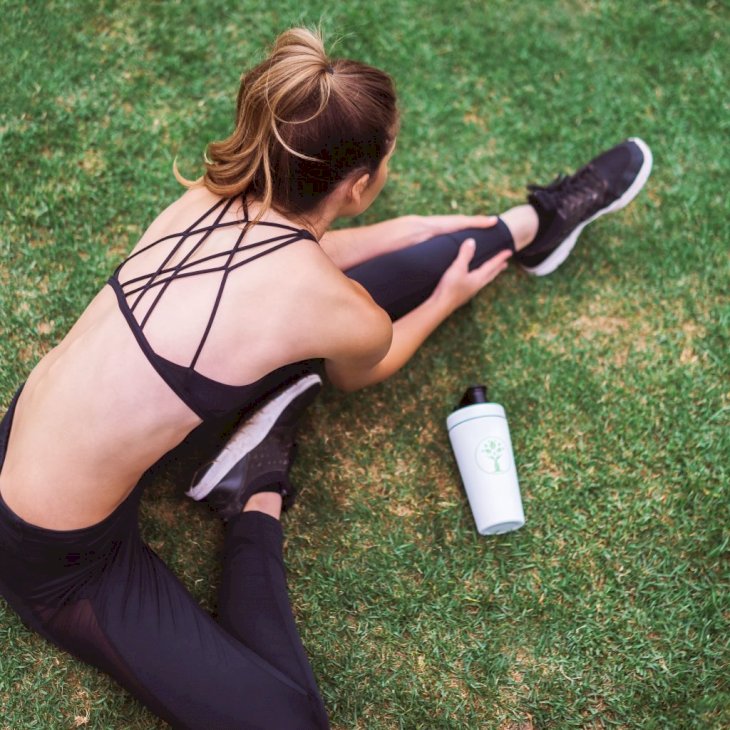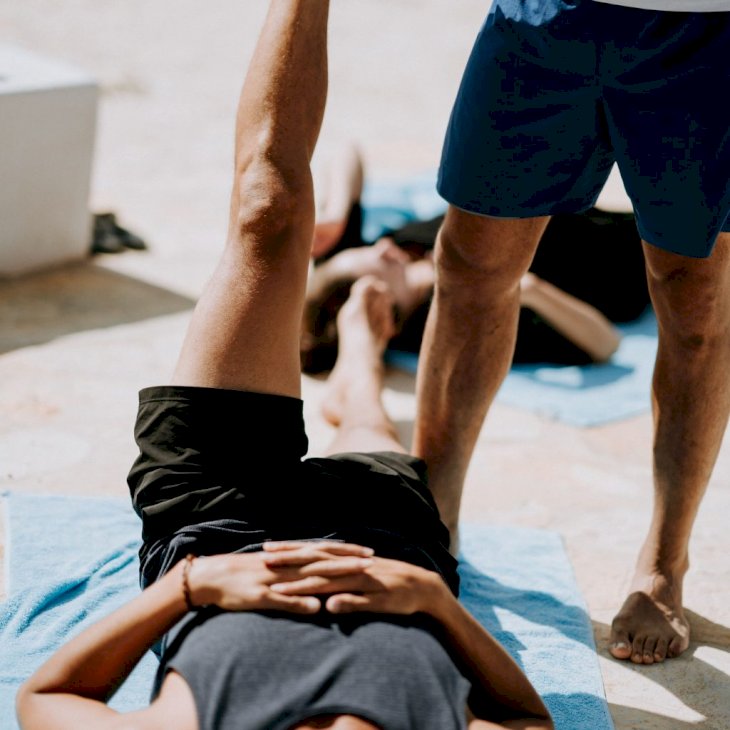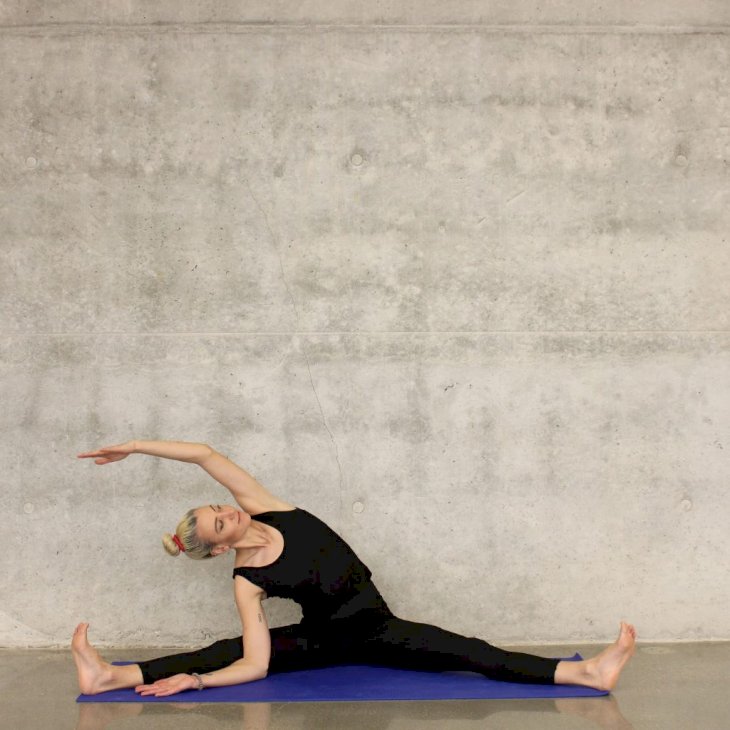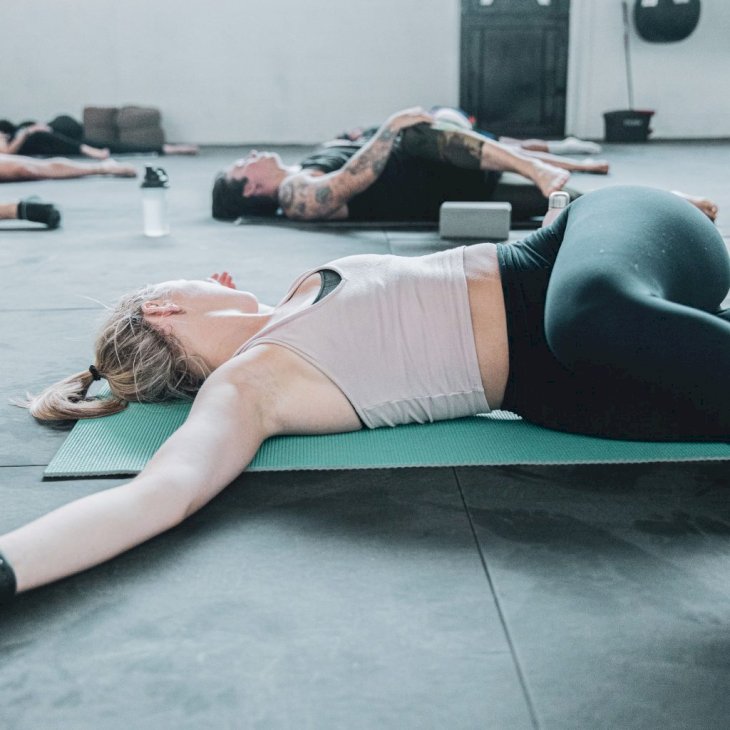
A Guide To Dynamic Stretching
If you would like to improve your flexibility and mobility, several exercises go beyond yoga postures. Here’s a guide on how to perform dynamic stretching.
Have you ever felt rigged or sored before your workout routine or run? That’s probably because you haven’t warmed up your muscles correctly.
To enhance your elasticity and mobility, you can try dynamic stretching before your workout routine. Dynamic stretching is a proven technique that improves your energy levels, increases flexibility, and it’s one of the best ways to warm up your joints before your fave sport or fitness routine.
What’s Dynamic Stretching?

Photo by LYFE Fuel on Unsplash
Dynamic stretching is quite functional and it’s a form of mimicking the activity you’re about to perform. It activates the joints and muscles through a dynamic range of motion.
This kind of stretch is best performed before exercising — get your body ready to work before your HIIT, running, swimming, weight-lifting training, or sport.
What’s the difference between dynamic stretching and other forms of stretching?

Photo by Annie Spratt on Unsplash
All methods of stretching serve a similar purpose and are also, sometimes, alike in their execution. The most common types of stretching, besides dynamic stretching, are passive, active, and ballistic.
However, dynamic stretching doesn’t protect from injury. That’s why you should mix both active and passive stretching to decrease the chances of possible injuries.
Benefits of dynamic stretching

Photo by Katee Lue on Unsplash
As one of the best ways to warm up and get the whole body ready for an active workout, dynamic stretching can have tremendous benefits to the body. Some of them are:
- Improves mobility and flexibility of joints and muscles
- It enhances muscle strength
- It can be performed in a sport-specific way
How to do dynamic stretching

Photo by LOGAN WEAVER on Unsplash
As we already mentioned, dynamic stretches are an excellent way to warm up before exercising and they’re pretty simple to perform.
Some examples of dynamic stretching are walking lunges, Cossack squat, windmill twist and stretch, arm circles, etc. Here’s a sample of the main stretches for warming up.
Walking Lunge Twist
This twisted lunge is a great exercise to build core strength. If you don't have a ball like showed in the video, you can use a pillow or a book.
Walking lunge twist works with hip flexors, hamstrings, quads, core, and glutes. Don't forget to contract your glutes and engage your core during the execution.
Knee to Chest Stretch
Generally, this exercise can be done lying down on your back or standing. If you decide to do it lying down, it becomes a passive stretch. Do it in a standing position, bring one leg up to the chest, and repeat it on the other side. This stretch helps to develop a joint range of motion, reduce stiffness, and increases flexibility.
Arm Circle
Arm circles target shoulders, chest, and upper back. With your arms extended to the sides, rotate your arms, making circles — you can make them big or small. This exercise is great to release the tension from the upper back and it helps to alleviate joint pain.
Cossack Squat
One of the main benefits of cossack squat is that it works muscles and joints from a different angle than most leg exercises such as squats and lunges do. This type of squat will work on the flexibility and motion of your hips, knees, and ankles.
Windmill Stretch
Windmill stretch will work your middle and lower back as well as hamstrings and calves and there are two variations: lying down or standing tall. Windmill Stretch uses breathing and repeated movements to restore rotation of some neglected areas of the spine.
There are many benefits of adding dynamic stretching before your fitness routine, as a way of warming up the muscles and the whole body. You may find yourself more energized and ready to start your workout routine.